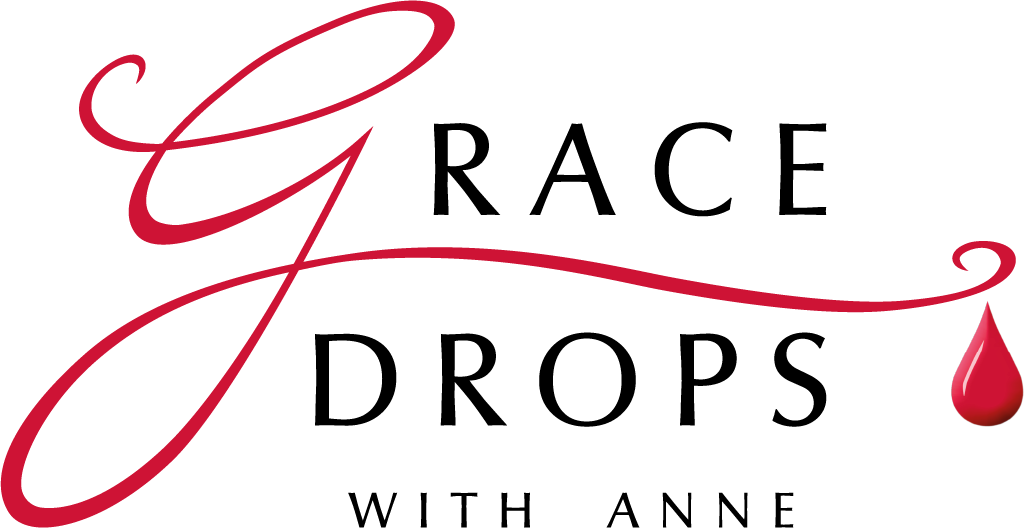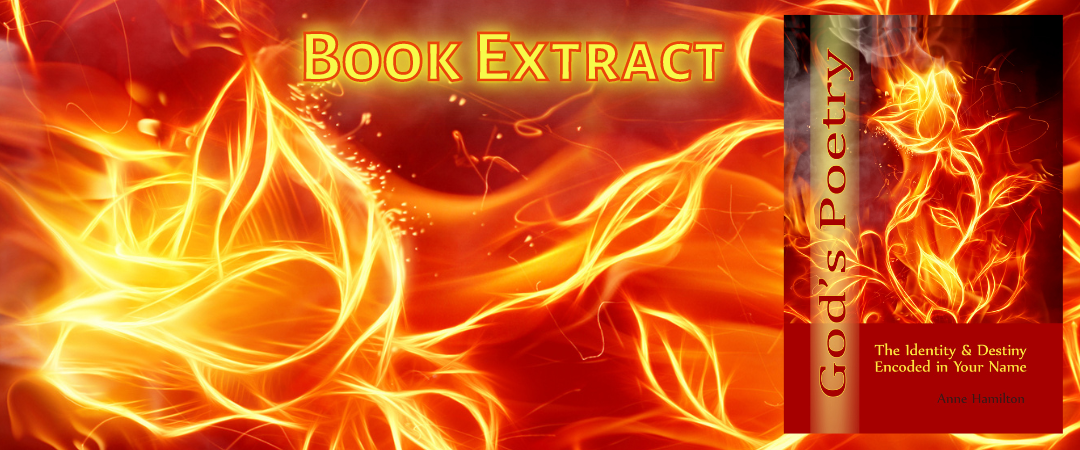Who am I? Is there any purpose to my life?
Why was I born in this country? Why was I given this nationality and brought up in this family in this era of history? How would my future change if any of these aspects were different?
Some people never ask these questions. Others never stop asking them. Still others regard the idea of a special purpose mapped out by God for each individual as absurd. Still others believe fervently each person has a destiny divinely and intentionally designed.
Many people answer the question, ‘Who are you?’ by speaking of their employment. For some people, a career sums up the entirety of self. Yet statements of professional identity such as ‘I am a teacher’ or ‘I am a pilot’ do not address any of the real issues.
Many of us also describe ourselves as ‘father of’ or ‘son of’, ‘wife of’ or ‘friend of’ and, particularly for people with celebrities in the family, it often feels as if their identity is marked out only by that relationship.
Jobs and family certainly have a deep and abiding impact on the matter of character, personality and individuality, but they do not define identity.
For others, the answer to the question, ‘Who are you?’ isn’t about a job. Some people define themselves in terms of their looks. Their youth, beauty, style and weight are the central parameters of their identity. There are others who identify themselves in terms of a relationship; they feel themselves to be nothing without the one and only special individual who fills their whole world.
Still others define themselves in terms of money, finances, influence or possessions; who they are is completely dependent on what they earn or what they own. Their self-esteem hinges on the house or the car, their bank balance or designer clothing.
When identity is padlocked to job or looks, to relationship or money, it’s imprisoned. It’s not free.
This is not to suggest that freedom from all restraint is necessary for us to find ourselves. Liberty needs to be tempered with discipline to become a blessing and not a curse. A completely free string, after all, can’t make music; only one fixed at both ends can do that. Throwing off a marriage or a job simply and solely to ‘find yourself’ is a misunderstanding of what identity is and how destiny is entwined with it.
Who am I?
How can we separate a false projection of identity from the real thing? Hundreds, if not thousands, of self-help books have been written on the secrets of identity. Millions of dollars each year are spent on motivational courses to help us develop a sense of who we are.
Let me save you the bother and a lot of money. There’s no particular secret about identity. There never has been. It doesn’t require a university degree or years with a psychologist or a series of expensive courses to find out. It’s really easy. All you have to do is answer one simple question.
For we are His workmanship, created in Christ Jesus for good works, which God prepared beforehand that we should walk in them.
Ephesians 2:10 NKJV
The Greek word which is translated workmanship comes from ‘poieó’, poem.
We are God’s poems. Many theologians would like us to believe that this is merely a metaphor: a pretty phrase describing the transformation God works in our lives.
But this is a failure to understand the Hebrew thought behind the Greek word: the One who fashioned the universe through words is an author. We’re told He is the author and perfecter of our faith.
Through the Word made flesh, He crafts us into shimmering starlit verses, editing out sin and shaping us into a flawless poem. Until we recognise that we too are made by the fragrant breath of His mouth—that we too are word made flesh—the true meaning of life will always elude us.

